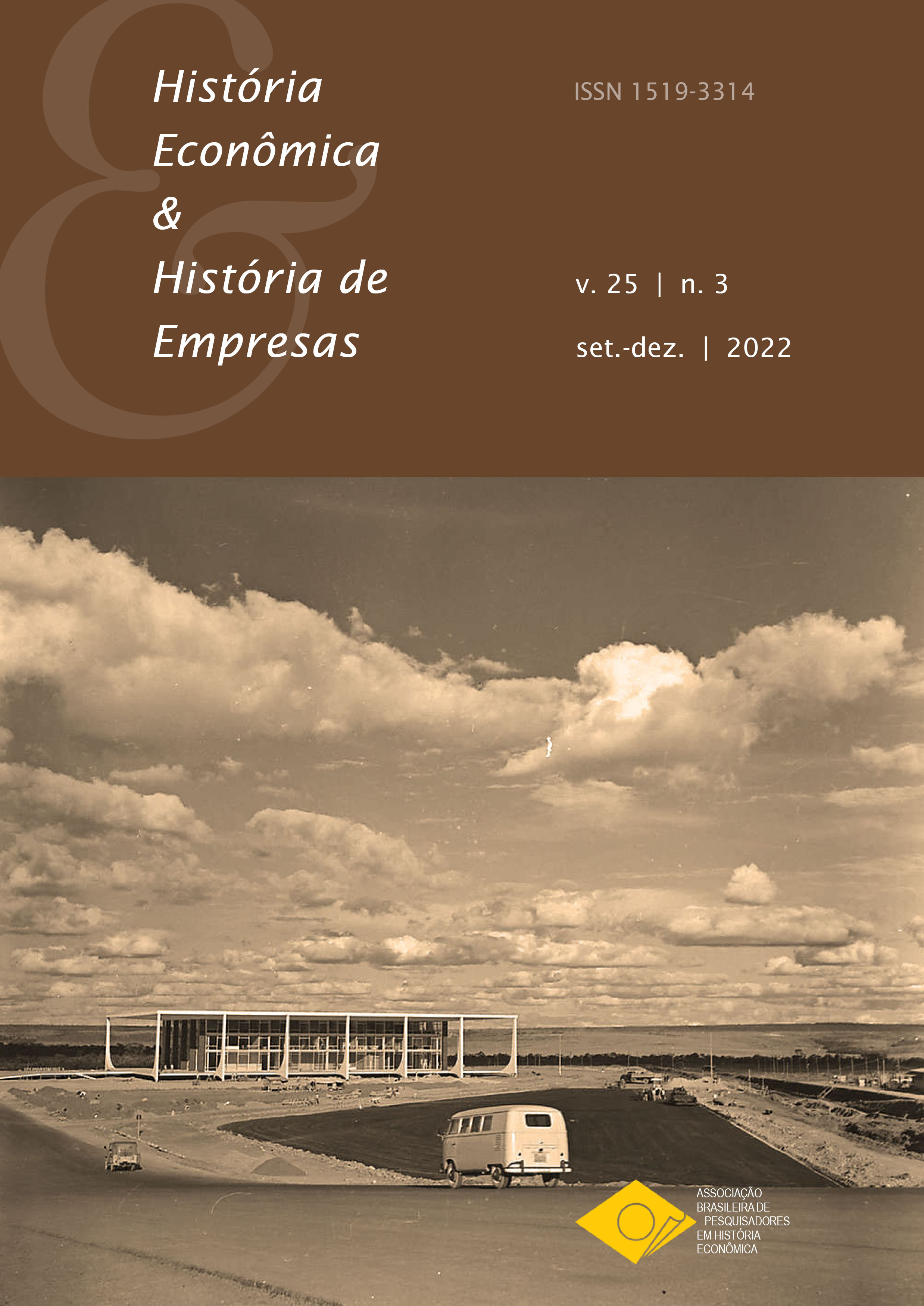O Boticário: Internationalization Process in Portugal and Latin America in the Optics of the Uppsala School
DOI:
https://doi.org/10.29182/hehe.v25i3.779Abstract
The Uppsala model concludes that firms will seek to internationalize to countries with a close psychic distance to reduce the risks associated with the unknown. When they are internationalized, they will gradually expand, so that gradually they can know factors such as the size of the market and the acceptance of their product by the new public. The more the company knows about the market, the lower the risks to which it will be subject and then the company will invest more in that country, using specialized resources, appropriate for that public. Starting from this theoretical model, we seek to know about the internationalization history of O Boticário. The brand is internationalized for the first time for Portugal in the year 1985, through the franchise model. With the time of action and a broader knowledge of that market, there is a greater investment, with the opening of a large number of own stores and use of specialized resources in that country. The expansion of O Boticário to Latin America begins shortly after starting the expansion to Portugal, dividing into two phases. The first in 1987, the second in the 2000s. In the first phase of internationalization, there were many small Latin American markets in which the brand began to operate. In this first phase the internationalization was due to the demands of entrepreneurs interested in opening O Boticário franchises in their countries of origin and there were no specialized resources for each of them, but a "standard" used for all Latin America. This is totally different in the second phase, when the brand starts to open its own stores abroad, in a structured way and starts to invest in individual advertising projects for each country, for example. Having analyzed the cases of internationalization of O Boticário for Portugal and O Boticário for latin america, a comparative analysis of these cases is made in the light of Uppsala's theory. It is concluded that the company internationalizes itself gradually, it has specialized resources the more it has knowledge about the market in which it operates and that the psychic distance has a positive influence on the company's results.
Downloads
Downloads
Published
How to Cite
Issue
Section
License
Os autores mantêm os direitos autorais sobre o trabalho, concedendo à revista apenas o direito de sua primeira publicação. Além disso, têm autorização para assumir contratos adicionais separadamente para a versão do trabalho publicada nesta revista, desde que reconhecida a publicação inicial neste periódico.





